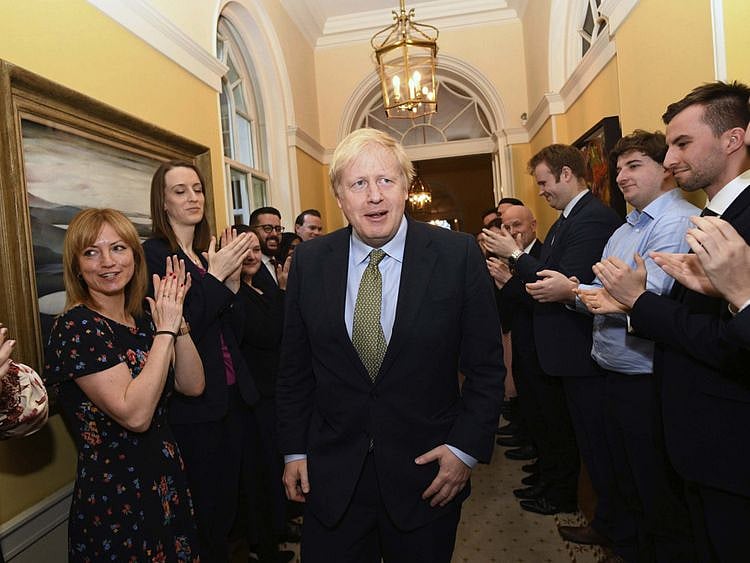Finally, there is clarity in the UK
Johnson’s win means Brexit will happen soon — then the real work begins for government

Thursday’s general election in the United Kingdom has at last broken the logjam of acrimony and intransigence that has dominated British politics for the past three years: Prime Minister Boris Johnson has a strong mandate to get Brexit done and govern according to his Conservative values.
Make no mistake, the scale of Johnson’s victory was impressive.
Only Margaret Thatcher managed to win more Conservative seats and that was in 1987. Labour, whose socially progressive manifesto failed to engage an electorate focused on Brexit, had their worst performance since 1935, losing seats in some cases that had been coloured red for a century.
There is now clarity.
There will be no crash out, no hard Brexit. Johnson will get his withdrawal agreement through both the Houses of Commons and Lords with ease, setting the stage for the UK to leave the EU by the end of January and begin free trade negotiations during a transition period that can be extended until the end of 2022.
Johnson is confident he can have that free trade deal signed, formalise the UK’s new relationship with Brussels and deliver on the 2016 referendum result to have Britain take full control of its own affairs.
But while Brexit was the predetermining factor in this election, Britain is a nation in need of fixes. For that, Johnson will have to deliver too on his campaign promises to hire 50,000 new staff for the National Health Service, build 40 new hospitals, hire 20,000 new police officers, build more affordable homes and fix problems with the island’s creaking infrastructure.
He has a five-year mandate, Brexit will happen quickly, and the remainder of his tenure must focus on bringing improved living conditions and making sure the world’s fifth-largest economy remains competitive.
There is a reality too, however, that this election has unleashed threats to the very union that binds together England, Wales, Scotland and Northern Ireland. North of the border, Scottish nationalists won the bulk of seats and will be pushing for a second referendum on independence. Ignoring that sizeable minority in the UK will only stoke the fires of sovereignty.
For the first time since partition of the island of Ireland, Irish nationalists now hold more seats than those who support retaining the union with the UK. That is a seismic shift, one perhaps fuelled by the very EU withdrawal agreement Johnson will now pass — one that effectively treats the province as a separate entity subject to customs controls down the Irish Sea.
Right now though, it’s all about Brexit and getting it done by the end of January.
Sign up for the Daily Briefing
Get the latest news and updates straight to your inbox
Network Links
GN StoreDownload our app
© Al Nisr Publishing LLC 2026. All rights reserved.